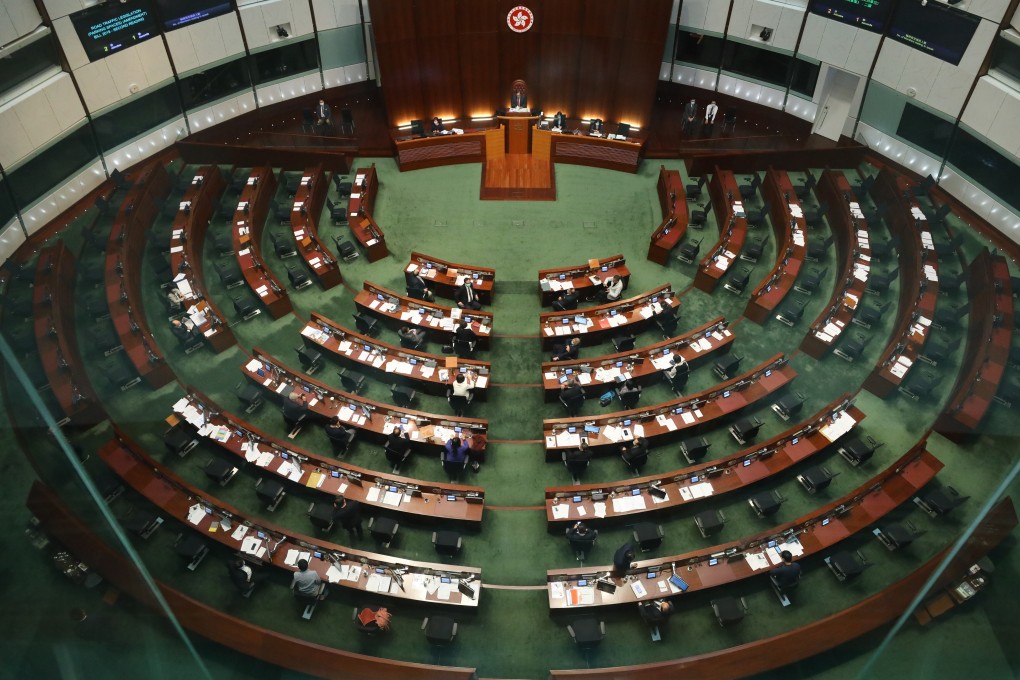Advertisement
Letters | Why red cards for Hong Kong’s pro-democracy lawmakers were a foul move
- The opposition exodus could well leave Legco as little more than a rubber stamp, powerless to block controversial projects such as Lantau Tomorrow Vision
Reading Time:2 minutes
Why you can trust SCMP

After the Standing Committee of the National People’s Congress (NPC) announced the grounds on which Hong Kong Legislative Council members could be disqualified, our government moved quickly to unseat four opposition lawmakers. That sparked the shocking collective resignation of pan-democrat lawmakers. The aftershocks are yet to come.
Hongkongers’ opinions on this development vary. Some think the pan-democrats have been rightly punished for their antics at Legco meetings, such as filibustering and calling for meeting suspensions due to a lack of a quorum.
However, it is clear the decision-making is now entirely in the hands of the NPC, and our Hong Kong government is only responsible for implementation of what has been decided. Many Hongkongers, myself included, are very worried about Legco’s future.
Advertisement
After the NPC extended the current Legco term for at least a year, the government allowed all lawmakers to stay on. By backtracking on this, the government has lost credibility.

04:08
Hong Kong opposition lawmakers to resign en masse over Legislative Council disqualifications
Hong Kong opposition lawmakers to resign en masse over Legislative Council disqualifications
Hong Kong is distinguishable from other Chinese cities because of its rule of law and a legal system that is the legacy of British rule. This is our advantage over other Chinese cities. The removal of the four lawmakers will have dire consequences.
Advertisement
Advertisement
Select Voice
Select Speed
1.00x